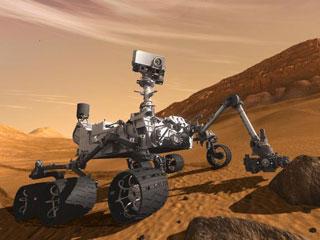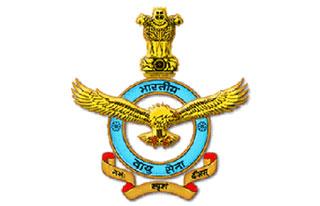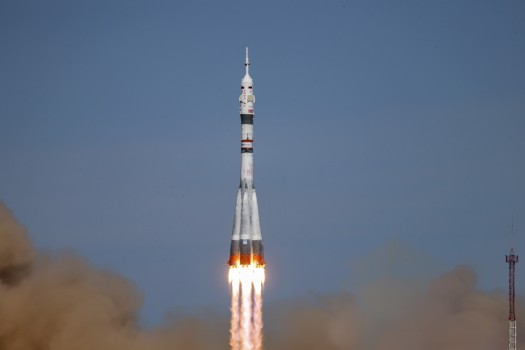
This artist concept features NASA's Mars Science Laboratory Curiosity rover. Photo: NASA/JPL-Caltech.
WASHINGTON (AFP): The US space agency is getting ready to launch later this month the biggest, most expensive robotic vehicle ever built to explore Mars for signs of previous life there, NASA has said.
The Curiosity rover, known formally as the Mars Science Laboratory (MSL), is a USD 2.5 billion state-of-the-art vehicle equipped with video cameras and a sophisticated mobile tool kit for analysing rocks and soil on the red planet.
The launch of the 1,982-pound (899 kg) rover is set for November 25 at 10:21 am (2051 IST) from Cape Canaveral Air Force Station in Florida.
"This is a Mars scientist's dream machine," said Ashwin Vasavada, MSL deputy project scientist at NASA's Jet Propulsion Laboratory.
"This is the most capable scientific explorer we have ever sent out... We are super excited."
The rover will explore the Gale Crater on Mars, just south of that planet's equator, where a range of soils exist and a small mountain gives the rover a chance to climb and analyze samples at different heights.
But first it faces a long, 570-million-kilometre journey to get there, taking about eight and a half months before landing in August 2012.
The landing itself is set to be a spectacular affair. A ravioli-shaped capsule will open to expose the rover suspended by a "rocket backpack" that will fire its engines to lower the MSL to the ground.
The rover's six wheels and suspension system should "pop into place just before touchdown," NASA said. Then, the machine goes into "surface mode," using a series of cameras and a long robotic arm to investigate the Martian terrain.
"It is not your father's rover," said Doug McCuistion, director of the Mars Program at NASA headquarters in Washington, describing it as "truly a wonder in engineering... the best of US imagination, the best of US innovation."
NASA sees the latest rover as a midway point in a long journey of Mars exploration that began with the landing of the Viking spacecraft in 1976 and may culminate with a human mission there in the 2030s.
The venture is not meant to hunt for life on Mars, but rather for signs that it once may have existed there.
Any clues it can send back about the habitability of Earth's neighbour, the fourth planet from the Sun, and about the radiation levels there will be important to NASA as it devises future exploration missions.
 Previous Article
Previous Article Next Article
Next Article












The Indian Air Force, in its flight trials evaluation report submitted before the Defence Ministry l..
view articleAn insight into the Medium Multi-Role Combat Aircraft competition...
view articleSky enthusiasts can now spot the International Space Station (ISS) commanded by Indian-American astr..
view article